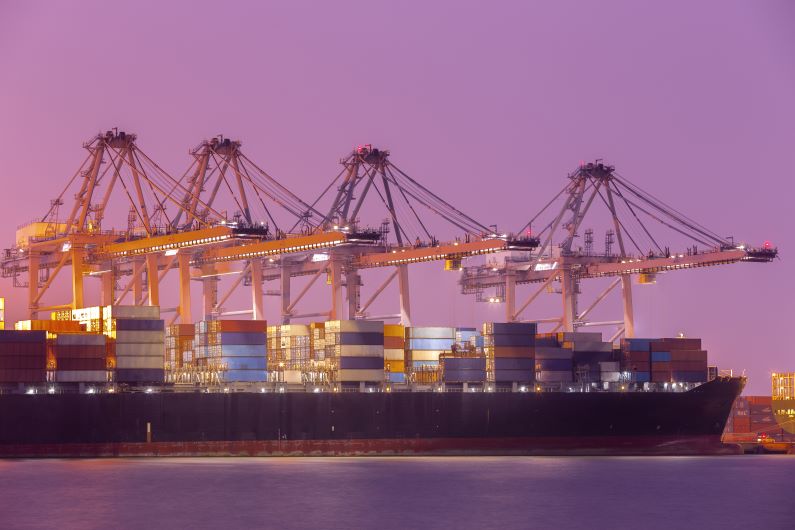
Caption: MacKay emphasises the urgent need for South Africa to address the inefficiencies and challenges in its trade policy framework, prioritise transparency and responsiveness.
In a recent episode of Podcasts From the Edge, Peter Bruce of the Business Day engages in a conversation with trade expert Donald MacKay from XA International Trade Advisors, delving into the intricate dynamics of trade in South Africa. This is Part 5 of a five-part article.
… continued from Part 4.
MacKay’s insights underscore the complexities of addressing economic and industrial inequality while avoiding the pitfalls of dependence on government support. By adopting a holistic approach that prioritises education, innovation, and market-oriented reforms, South Africa can pave the way for genuine economic empowerment and inclusive growth.
MacKay elaborates on real-life examples of companies struggling with trade instruments and import duties, such as ARTsolar, a solar panel producer in South Africa. Despite applying for a duty increase on solar panels back in 2019 to protect against outside competition, the company has been waiting for a response for over five years, making it the oldest open investigation in ITEC history. MacKay highlights the uncertainty and frustration faced by companies like ARTsolar, emphasising the need for clarity and transparency in trade policy decisions.
Another example is the Matador Butchery in Somerset East in the Western Cape, which has seen a significant decline in employment due to changes in import duties on chicken leg quarters. While the butchery used to employ 40 people, it now employs only 30, with the duty increase making their business model unsustainable. Despite their efforts to diversify product lines, they still face challenges in accessing duty relief for imported chicken leg quarters, hindering their ability to compete effectively in the market.
These examples underscore the broader issue of companies giving up on utilising trade instruments and import tariffs due to prolonged delays, uncertainty, and lack of responsiveness from government agencies. MacKay emphasises the urgent need for government action to address these challenges and provide timely, clear decisions on trade policy matters.
MacKay calls for reforms that prioritise transparency, efficiency, and responsiveness in trade policy decision-making. By addressing the issues highlighted in the report and providing a conducive environment for businesses to thrive, South Africa can unlock its economic potential and create opportunities for sustainable growth and development.
MacKay highlights the paradoxical situation where the private sector, which plays a crucial role in advising the government on key reform issues, is simultaneously withdrawing from utilising important trade instruments and policies due to inefficiencies, delays, and high costs imposed by the state. This withdrawal not only undermines the effectiveness of these instruments but also diminishes the government’s ability to extract commitments from businesses seeking protection from foreign competition.
The example of interventions in the clothing sector, aimed at promoting local manufacturing and job creation, illustrates how well-intentioned policies can sometimes backfire, leading to unintended consequences such as the relocation of productive capacity and a decline in employment.
Overall, MacKay emphasises the urgent need for South Africa to address the inefficiencies and challenges in its trade policy framework, prioritise transparency and responsiveness, and create a conducive environment for businesses to thrive and contribute to sustainable economic growth and development. Failure to do so risks further exacerbating the country’s economic challenges and hindering its ability to compete effectively in the global market.
More news
- CELEBRATING EXCELLENCE IN THE RESIDENTIAL PROPERTY SECTOR
- PART 4: GIBS PANEL DISCUSSES INTEMEDIATE CITIES ROLE IN AFRICA’S DEVELOPMENT
- EXPOSED AGGREGATE PAVERS COMPLEMENT NEW LIFESTYLE CENTRE
- GIBS PANEL EXPLORES ROLE OF INTERMEDIATE CITIES IN SA’S DEVELOPMENT PART 3
- CITI-CON’S CONCRETE KNOWLEDGE SUCCESSFULLY DEPLOYED ON NEW LANDMARK DEVELOPMENT





